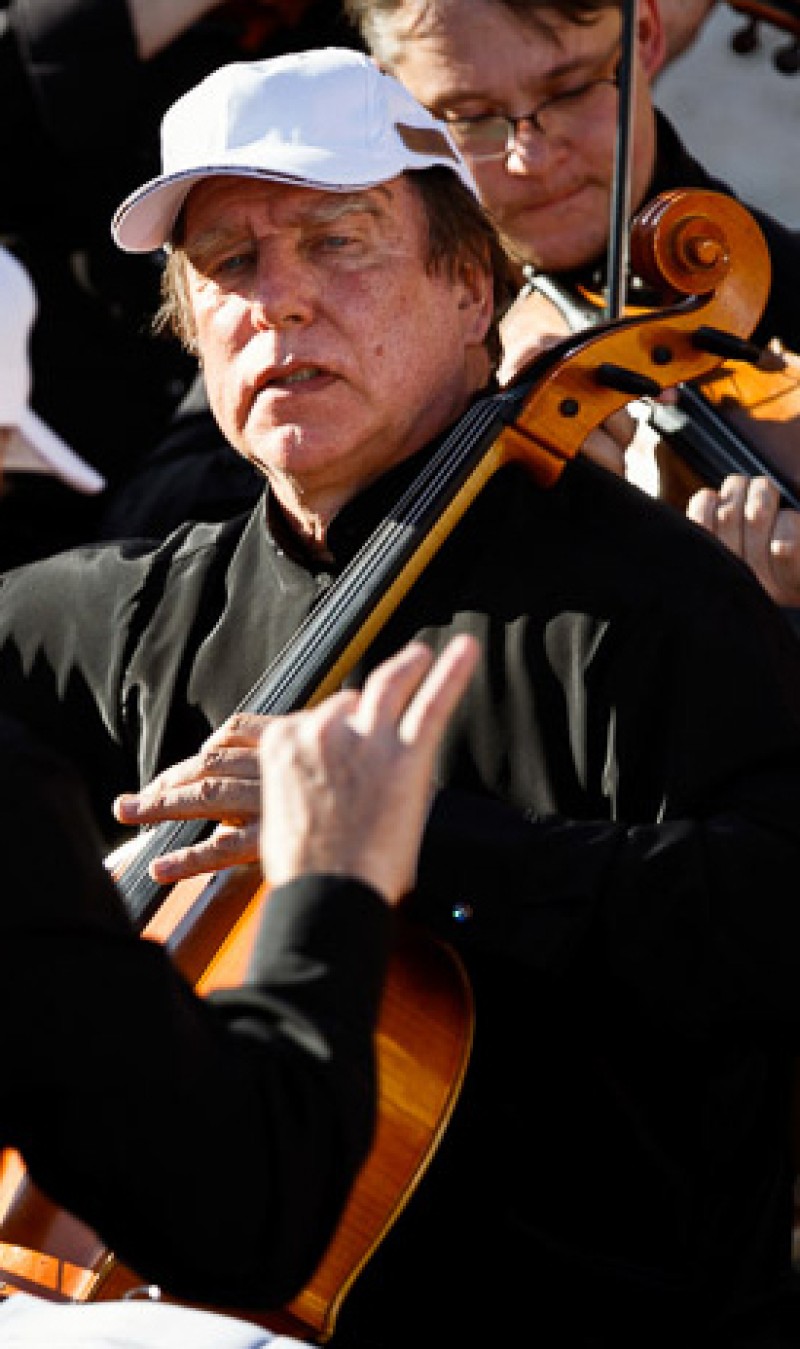The banking executives reportedly accepted millions of dollars from Roldugin between 2014 and 2016 without running any background checks into how he managed to obtain such wealth.
A cellist from St. Petersburg, Roldugin originally met Russian president Vladimir Putin back in the 1970s; the two have since established close ties with one another, with Putin even naming Roldugin godfather to his eldest daughter.
Ever since Putin and his network of oligarchs were sanctioned due to Russia’s invasion of Ukraine, more and more attention has shifted towards uncovering how much wealth the authoritarian leader has dispersed throughout the world through his agents.
Roldugin, one such agent, was exposed by an OCCRP Panama Papers investigation that revealed his secret financial affairs and links to the Russian president. Another investigation showed that he had laundered billions through the “Troika Laundromat,” a network of roughly 75 offshore companies.
He was rewarded with roughly $70 million for doing so.
The Panama Papers also revealed that, in 2008, a Panama company solely owned by Roldugin sold 70,000 shares of Rosneft, a large Russian state energy company, for over US$800,000.
The proceeds of the sale were deposited directly into Roldugin’s bank account at the Gazprombank Zurich branch.
When questioned by local media, Roldugin tried to pass off the money as donations from Russian businessmen, which were subsequently used to purchase expensive musical instruments.
The revelations led to his sanctioning by the EU in March last year and then by the U.S. three months later.
As for the Zurich-based bankers who were complicit in helping Roldugin hide his ill-gotten gains, the judge handed down a fine of 741,000 Swiss francs ($811,000), suspended for two years, according to the BBC.
Their identities could not be made public, as per the country’s reporting restrictions, although three are Russian and one is Swiss. They have stated their intent to appeal the decision.



